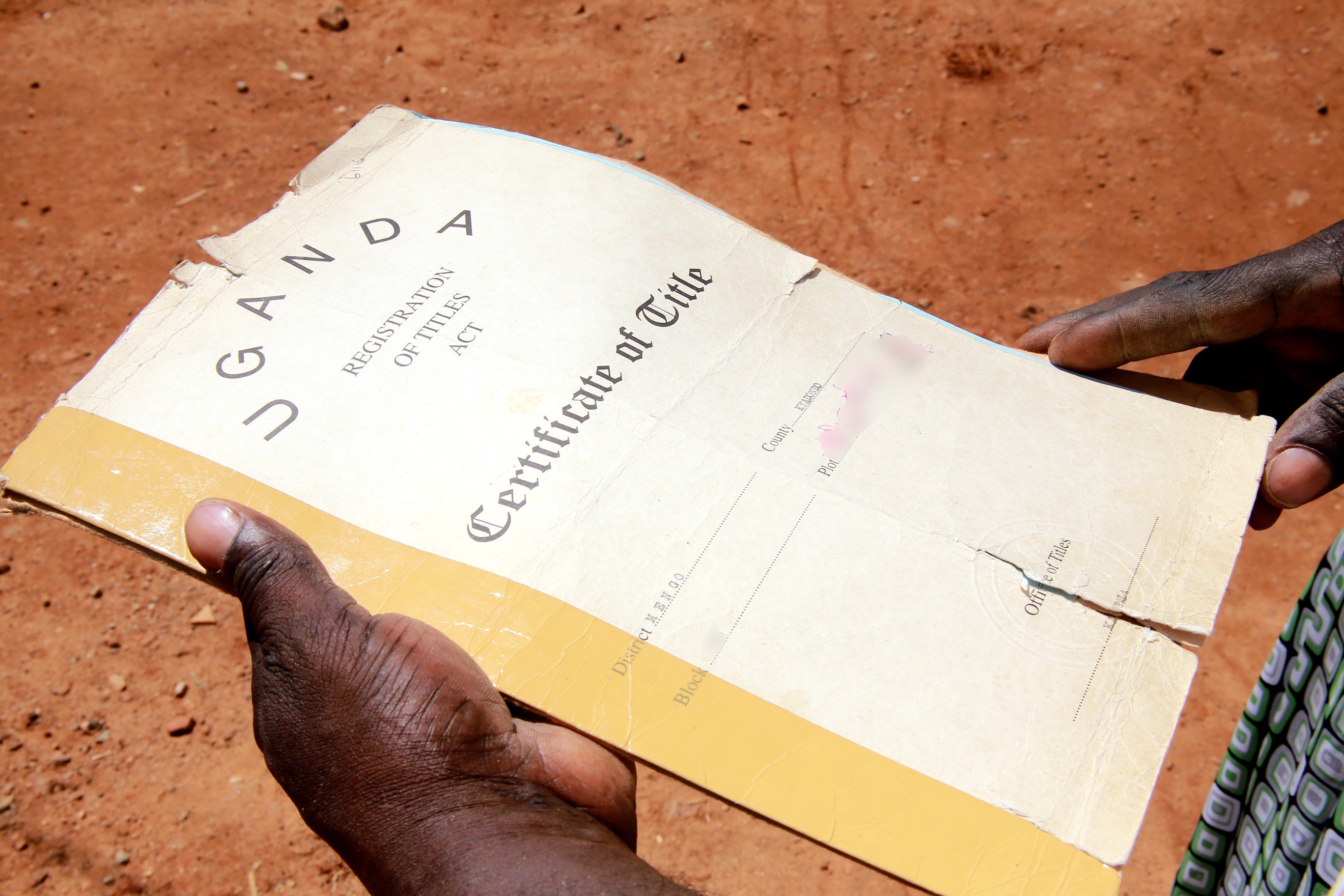All arms of government are subordinate to Constitution

In Uganda’s constitutional order, there are three arms of governance namely; the Executive, the Legislature and the Judiciary. These three arms of government are all subordinate to the Constitution from which they derive authority.
None of the organs is supreme, rather, sovereignty rests with the people from whom all State power is derived. And yet in the day-to-day affairs of the State, these organs are actually possessed with a lot of powers and authority.
While the functions and powers of each of the three arms of government appear to have been clearly spelt out in the Constitution, in practice, there have been instances of conflict and tension among them.
In recent months, the Legislature accused judges and magistrates of being unpatriotic, partisan, biased against the Opposition, corrupt, unprofessional, incompetent, and for colluding with foreign firms, among other issues.
Democracy demands that the three arms of government should not squander public resources or to fight each other. There is need for co-operation between the three organs of government to ensure that the public good is fostered.
However, the co-operation among these arms of government should not be open ended. To avoid abuse of power, there is need for a system of checks and balances to ensure that none of the arms of government exercises absolute power.
As it is today, two organs of the State appear to be dancing to the tune of one that has seemingly assumed all the powers, something that does not augur well for the county. Thus the co-operation between the three organs of the state should be limited to enable the system of checks and balances to operate and ensure that each organ does not fall into temptation to exercise arbitrary powers.
Limited or tamed power can only meaningfully exist if the cooperation between the three organs of government are left to operate independently. Utmost co-operation among the arms of government can be achieved best through a number of ways, including upholding the Constitution.
The three arms have a duty to restore the full force of the Constitution. They have a duty to resist any persons seeking to overthrow the established Constitutional order and to do all in their power to restore the Constitutional order after it has been suspended, amended, abrogated or overthrown.
Accordingly, if the country’s constitutional order is threatened, the citizenry must cooperate to deny legitimacy to those who may try to subvert the constitutional order, and not to just look on and be corrupted at the expense of the citizens. Besides, co-operation among the arms of government can be achieved through promotion of fundamental human rights and freedoms.
As Uganda aspires to be a democratic country, it should not be lost to all that the basic tenets of a democratic State is the protection of the rights of all, the those of the minorities/opposition groups.
Human rights and freedoms are not granted by the State or any institution or person. These are part and partial of human dignity. The Constitution merely recognises these rights, hence the State cannot act arbitrarily in disregard of these rights and freedoms.
The recognition of the inherent dignity, equal and inalienable rights of members of the human family, is the foundation of freedom, justice and peace in the world. Because of the centrality of human rights to meaningful, peaceful and social progress and human development, the Constitution obliges all persons, including all organs, agencies and Opposition parties to respect, uphold and promote the rights and freedoms of individuals and groups.
If all organs of the State cooperated to promote human rights, our country would have been spared the excesses of human rights violations that have bedevilled the country.




